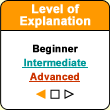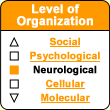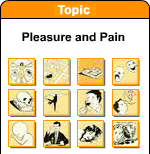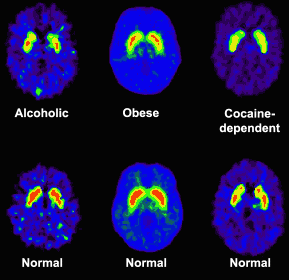|
|
| Funding for this site is provided by readers like you. | |
|
|
|
|
|||||
|
|
|||||||
|
|
|
|
|
|
|
|
The brain regions involved in the sensation of pleasure and reward
are among those most affected by drugs.
|
|
|||||||||||||||||||||||||||||||
| |
|
|
|
|
|
|
|
|





